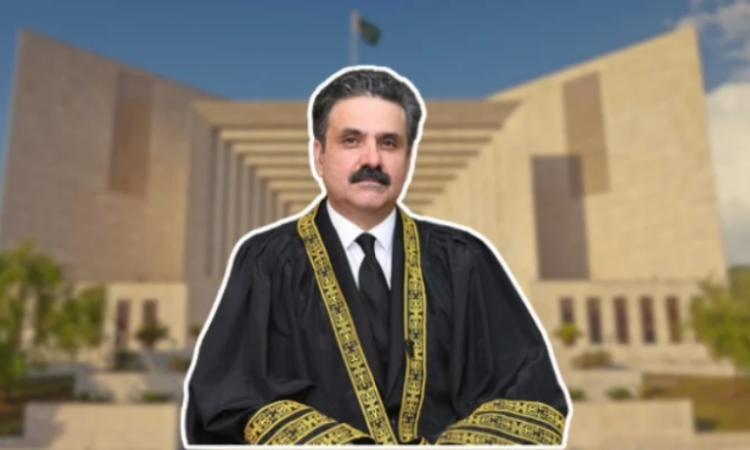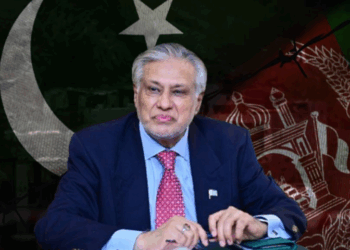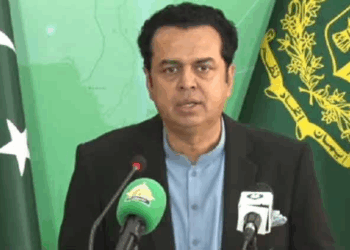Islamabad, December 18, 2024: Chief Justice of Pakistan (CJP) Yahya Afridi has described the trial of former Prime Minister Zulfikar Ali Bhutto as a “dark chapter” in the nation’s judicial history, citing significant lapses in due process and fairness.
In an additional note partially concurring with Justice Mansoor Ali Shah’s observations, CJP Afridi pointed out serious flaws in the infamous trial. Afridi reviewed the opinions of former Chief Justice Qazi Faez Isa and other judges, largely agreeing with Justice Shah, but emphasized the limitations of the Supreme Court’s advisory jurisdiction under Article 186 in addressing such issues.
Highlighting procedural violations, Afridi criticized the trial and appellate courts for failing to uphold fair trial standards. He noted that Pakistan’s criminal procedure laws prohibited a murder trial from being directly conducted in a high court, a breach that severely undermined the integrity of the proceedings.
Afridi also referred to revelations by the late Chief Justice Nasim Hasan Shah, who admitted external pressures influenced the verdict against Bhutto. “This is a regrettable chapter in judicial history, eroding public trust in the judiciary,” he remarked.
The chief justice praised dissenting judges of the time, including Justices Dorab Patel, Mohammad Haleem, and Safdar Shah, for their courageous opposition to the prevailing pressures. Though their dissent did not alter the outcome, Afridi commended their commitment to judicial impartiality and the rule of law.
Afridi concluded by cautioning that the failure to address such miscarriages of justice could continue to undermine public confidence in Pakistan’s legal system.
Earlier in July, then-CJP Qazi Faez Isa declared Zulfikar Ali Bhutto innocent, stating that his death sentence was delivered by unconstitutional courts with insufficient evidence. According to detailed remarks issued at the time, Bhutto was executed following an unfair trial during a period of martial law when fundamental rights were suspended.








